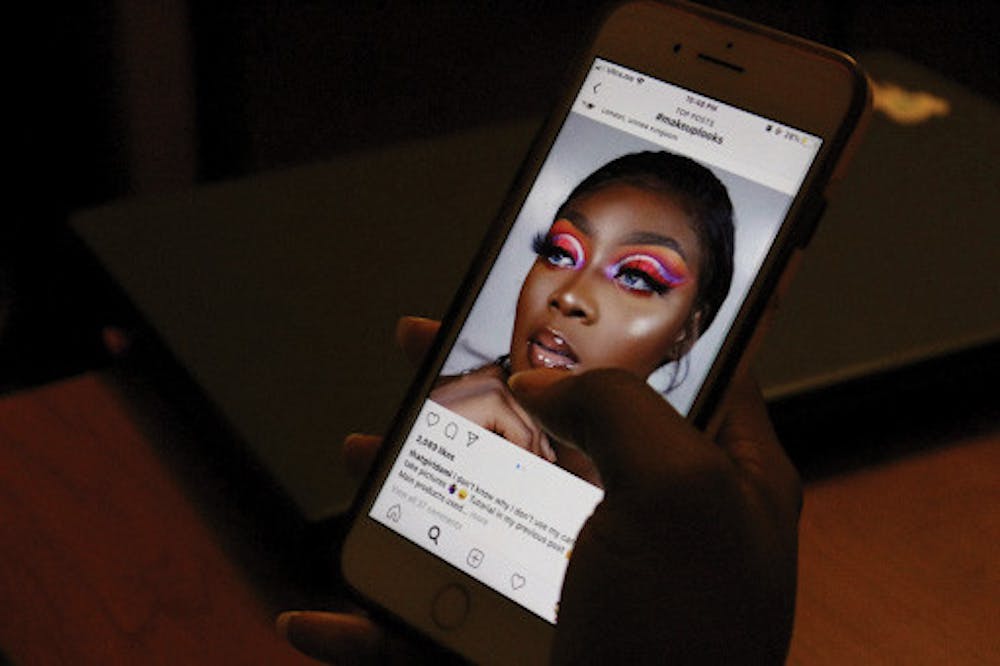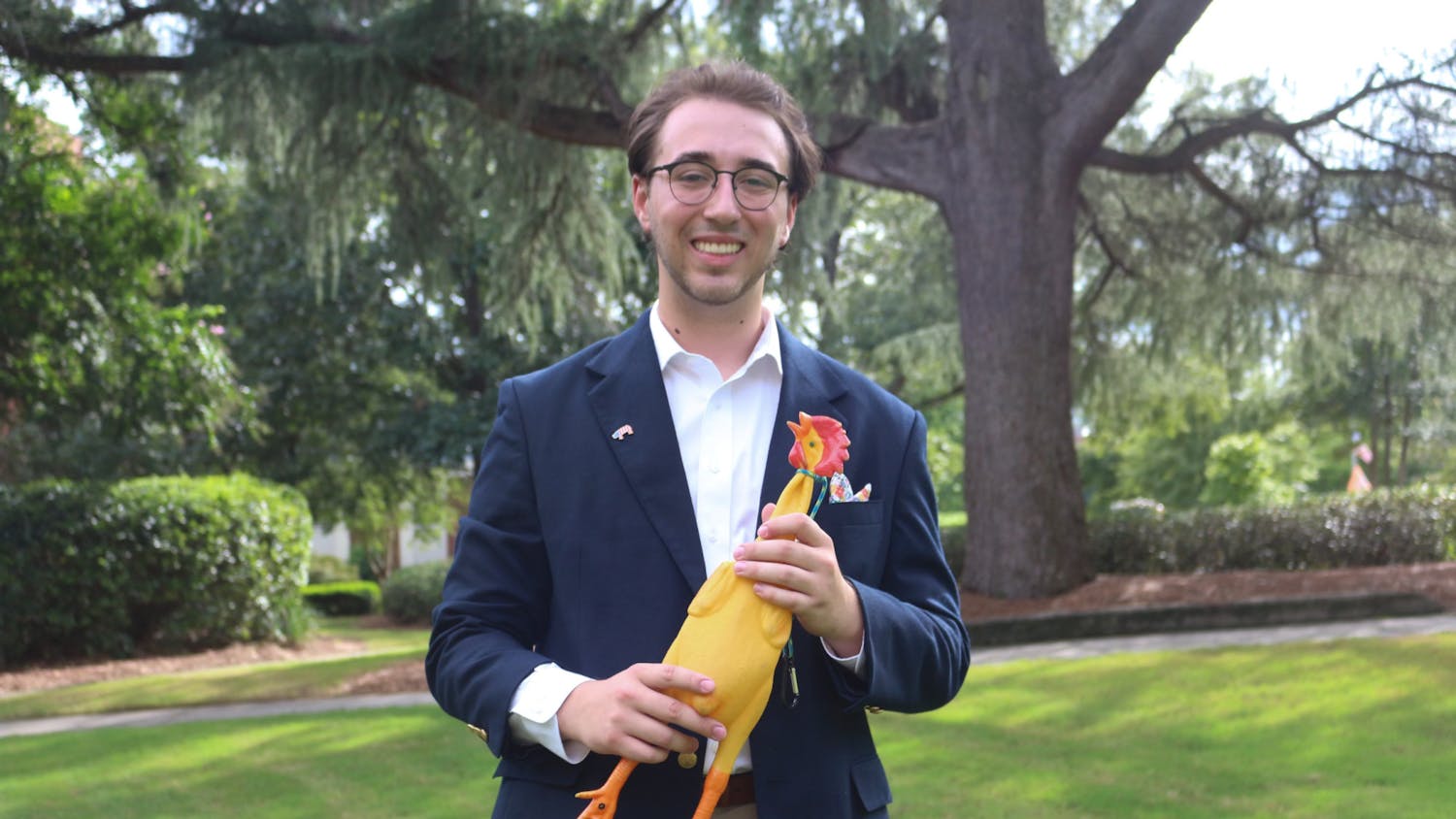[sidebar title="" align="left" background="on" border="all" shadow="on"]
This is an opinion article. Any views expressed belong solely to the author and are not representative of The Cluster.
[/sidebar]
Once again, Instagram has disappointed me. What was once a beautiful haven of puppy pictures and self-expression has reminded me why I have a hard time staying on the platform: blackfishing.
Blackfishing is a term that refers to white or non-black celebrities and personalities using black features or characteristics online to make it appear as if they themselves are black.
Essentially, it’s modern-day blackface.
Emma Hallberg and Alicja Brzotowska, two Instagram models, are the most popular perpetrators of this trend. Many also link Ariana Grande with popular blackfishers as she has had quite the noticeable tan in recent years, seeming several shades darker than what her natural skin tone is.
My issue with blackfishing is that these models are clearly mimicking my culture for clout and money, when every time I perform my culture, it’s ridiculed and sometimes even criminalized.
I am uncomfortable with non-black women making themselves several shades darker than their natural skin tones while dark-skin black women still have to deal with harsh names and discrimination as a result of their dark skin.
It is inappropriate for non-black models to wear black hairstyles for paid sponsorships when there are countless black people who are losing their jobs over “unprofessional” hair, and children are having their hair cut off in schools because of racist dress codes that don’t allow them to have natural hair.
The worst thing about blackfishing is that none of these models or celebrities will admit they are doing it.
Both Hallberg and Brzotowska have claimed to be of European descent and said publicly that they are not trying to be like black women or mimic their styles in an offensive way, yet they have both continued posting pictures of themselves in dark foundation and treated hair.
This is an interpretation of what the world thinks black women are, but instead of being for comedy, it’s for Instagram followers.
Some would say I should be flattered that so many wish to have my features because they are so beautiful and popular.
They would be wrong.
I’m not flattered, because the world does not consider those features beautiful or high fashion on me. They are considered “ghetto” and “low-class” and “scary” on me.
Having black features and performing black culture has disenfranchised me in my life and kept me from opportunities, and it's disrespectful that non-black people get to put on my culture like a costume and profit from it.
I’m not a fan, and it needs to stop.
Opinion: Blackfishing is an Instagram trend that needs to go





